How To Properly Care For Your Tile And Grout Floor

Table of Contents
ToggleWhen it comes to maintaining the beauty and hygiene of your living spaces, one area that often goes overlooked is your tile and grout floor. These surfaces are not only an integral part of your home’s aesthetics but also play a significant role in your family’s health and well-being. In this guide, brought to you by UpFront Home Services, a premier floor care company, we’ll dive into the essential steps of proper tile and grout floor care and explore the myriad of health benefits that come along with it.
The Basics of Tile and Grout Care
Regular Sweeping and Vacuuming:
Start by removing loose dirt and debris with regular sweeping or vacuuming using a soft brush attachment. This prevents abrasive particles from scratching your tiles and making their way into the air.
Gentle Cleaning Solutions:
Avoid harsh chemicals that can damage your tiles and negatively impact indoor air quality. Opt for pH-neutral, non-toxic cleaning solutions that effectively remove grime without compromising your family’s health.
Delicate Scrubbing Techniques:
For stubborn stains and grout lines, use a soft brush or an old toothbrush to gently scrub the area. Avoid excessive force that might damage the grout or tiles.
Sealing Grout Lines:
Regularly seal your grout lines to prevent moisture and dirt from seeping in. This not only keeps your floor looking fresh but also helps inhibit the growth of mold and mildew.
The Health Benefits of Proper Tile and Grout Care
Allergen Reduction:
Tiles can harbor allergens like dust, pet dander, and pollen. Proper cleaning and maintenance reduce the presence of these allergens, contributing to better indoor air quality and alleviating allergy symptoms.
Mold and Mildew Prevention:
Moisture accumulation in grout lines can lead to the growth of mold and mildew. By keeping your tiles and grout dry and properly sealed, you create an inhospitable environment for these harmful microorganisms.
Respiratory Health Improvement:
Regular tile and grout cleaning helps eliminate potential respiratory irritants. Reduced dust and mold particles in the air can lead to improved respiratory health, especially for those with asthma or other breathing issues.
Enhanced Hygiene:
Kitchen and bathroom tiles are exposed to spills, splatters, and foot traffic. Thorough cleaning ensures that bacteria and pathogens don’t linger on these surfaces, promoting a healthier living environment.
Long-Term Structural Integrity:
Proper care of your tiles and grout prevents moisture-related damage that could compromise the structural integrity of your flooring and adjacent walls.
Professional Maintenance and Its Benefits
Deep Cleaning Expertise:
Professional floor care services offer specialized equipment and techniques to deeply clean and sanitize your tile and grout. This goes beyond regular maintenance and ensures a thorough, long-lasting clean.
Extended Lifespan:
Regular professional maintenance not only keeps your floor looking pristine but also extends its lifespan, saving you money on replacement costs.
Time and Effort Savings:
Delegate the task of tile and grout cleaning to experts, allowing you to focus on other important aspects of your life while enjoying a spotless, healthy home.
Final Thoughts
Caring for your tile and grout floor isn’t just about aesthetics; it’s a vital step towards safeguarding your family’s health and enhancing your overall quality of life. By following the proper cleaning techniques, utilizing gentle solutions, and considering professional maintenance, you can enjoy the beauty of your tiles while reaping the numerous health benefits they offer. With UpFront Home Services, you’re not just investing in your floor, but in the well-being of your loved ones as well.
FAQ
How often should I clean my tile and grout floors?
Regular maintenance is key to preserving the beauty of your tile and grout floors. We recommend sweeping or vacuuming at least once a week to remove loose dirt and debris. A deeper clean, using a gentle cleaning solution, should be performed every 1 to 2 weeks. However, factors such as foot traffic and the presence of pets or children might require more frequent cleaning.
Can I use bleach to clean my grout?
While bleach can be effective in disinfecting surfaces, it’s not the best choice for cleaning grout. Bleach is a harsh chemical that can weaken and discolor grout over time. Instead, opt for a pH-neutral tile and grout cleaner or a mixture of baking soda and water. These solutions are gentler on the grout and won’t compromise its integrity.
How can I prevent stains on my tile and grout floors?
Preventing stains involves a combination of proactive measures and swift action. Place mats or rugs in areas prone to spills, like near the kitchen sink or dining table. Clean up spills immediately to prevent liquids from seeping into the grout. For tough stains, use a gentle stain remover recommended for your type of tile. Regular grout sealing also helps create a barrier against stains and moisture penetration.
When should I reseal the grout on my tile floors?
Grout sealing is essential to maintain the longevity of your tile and grout floors. The frequency of resealing depends on factors such as foot traffic, exposure to moisture, and the type of grout used. As a general guideline, consider resealing every 1 to 3 years. However, it’s a good idea to inspect your grout regularly. If water no longer beads on the surface, it’s time to reseal. Consulting a professional can help you determine the best resealing schedule for your specific circumstances.
Other Blogs You May Be Interested In
Categories



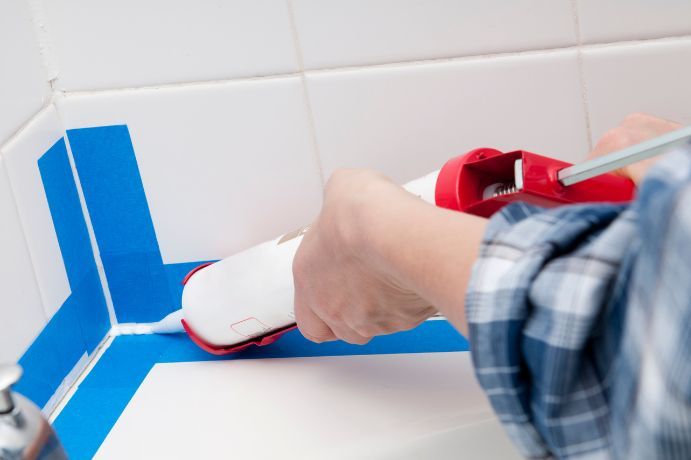
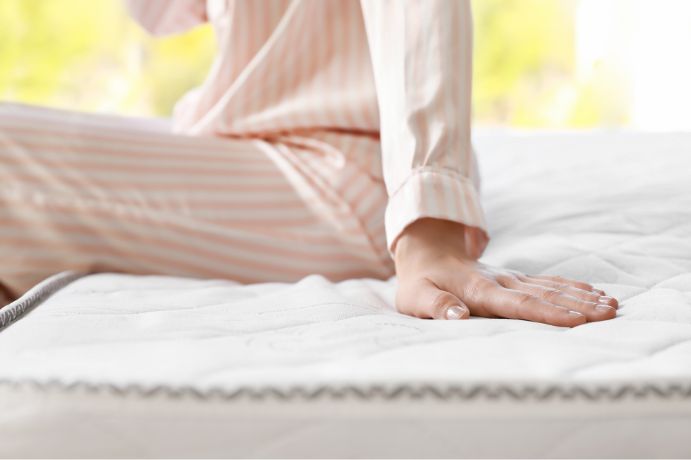





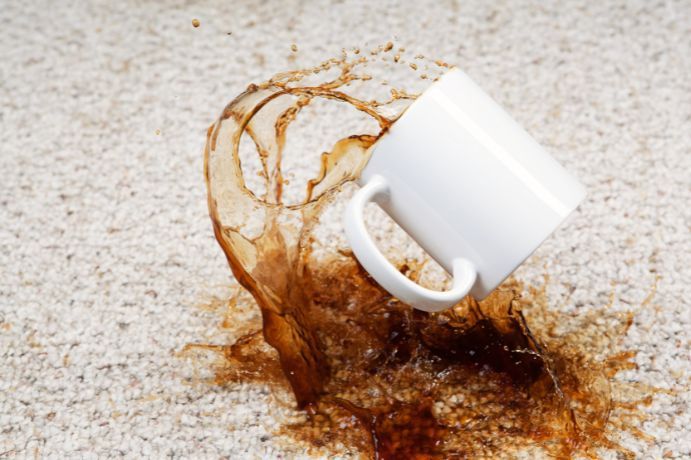
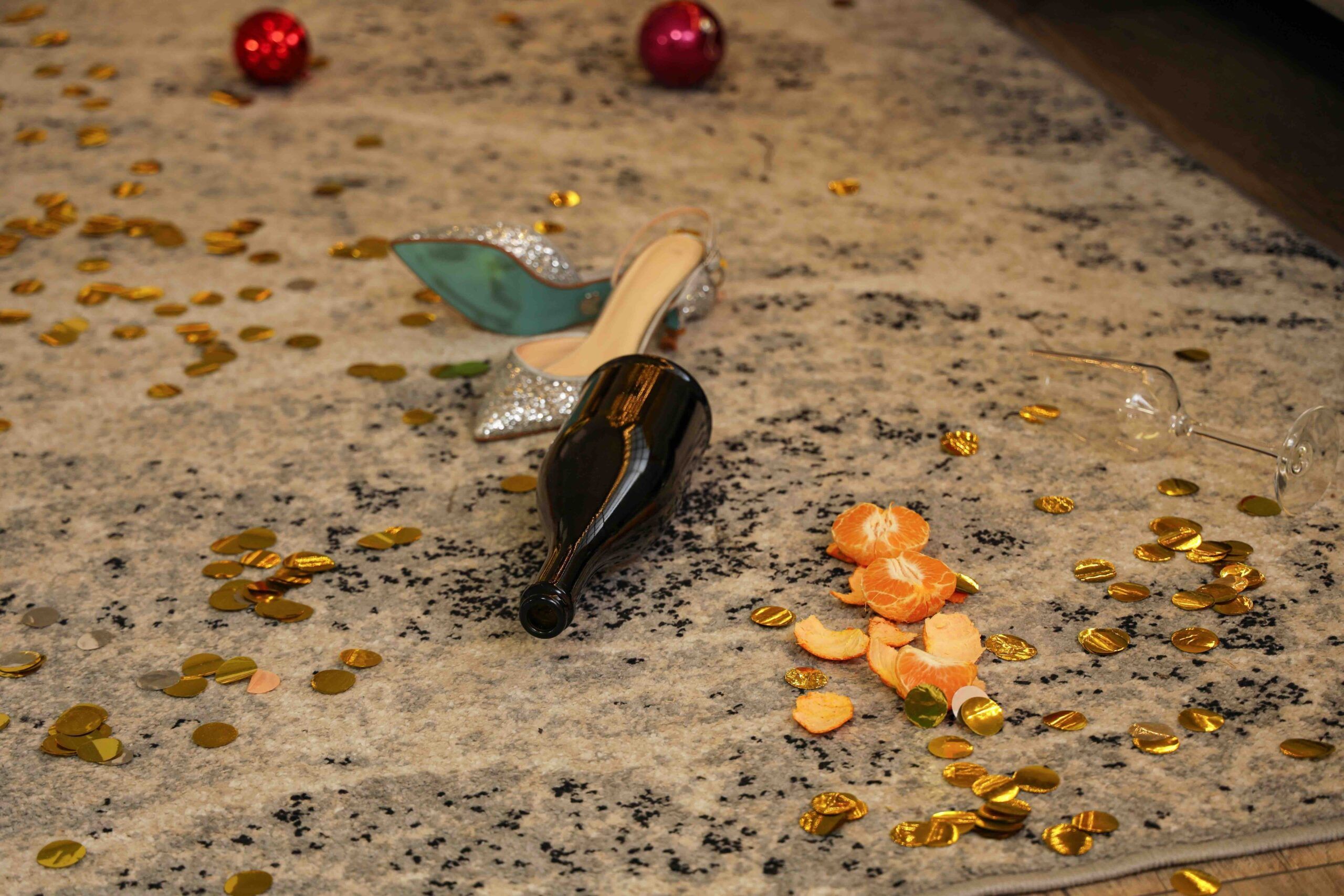
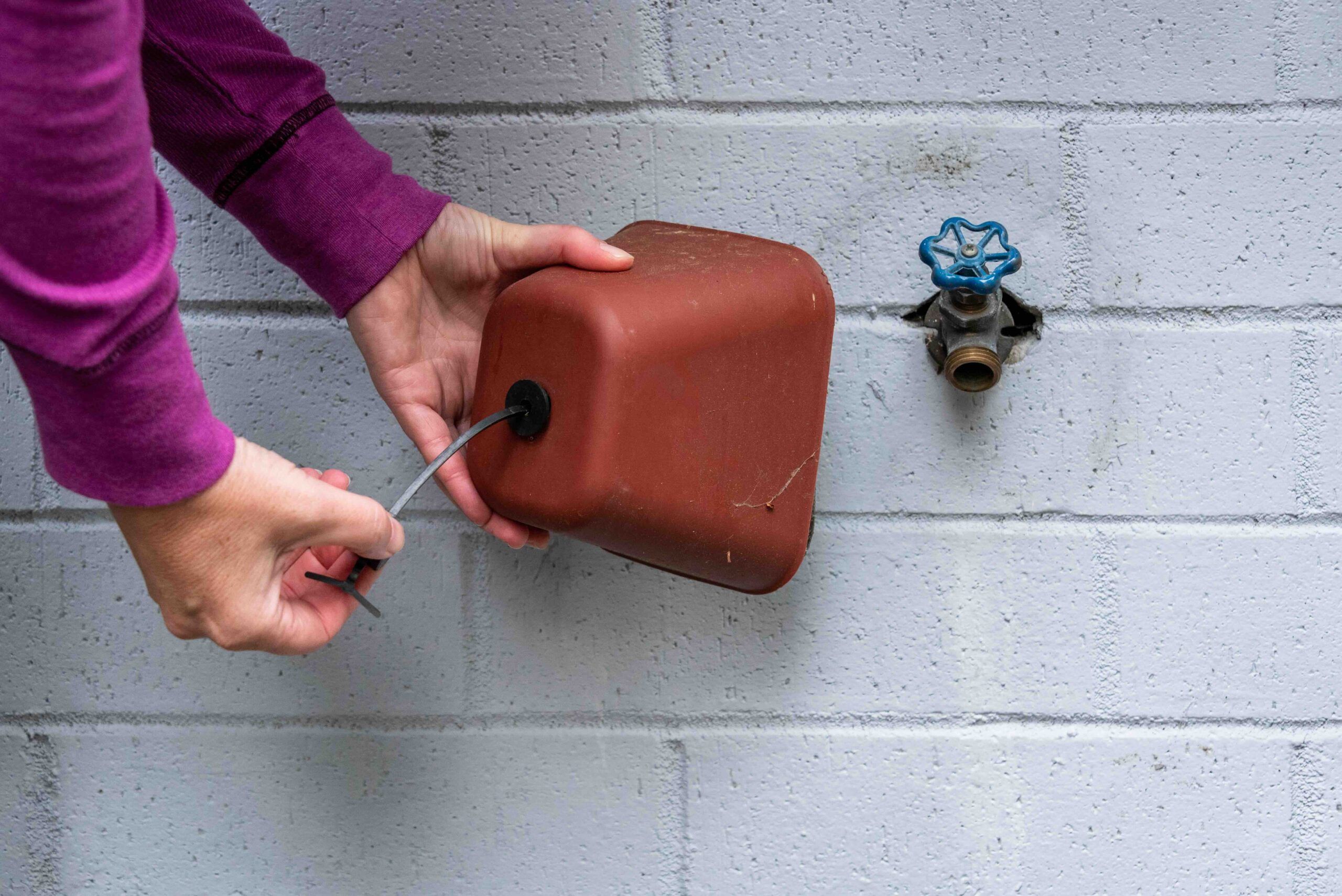
Leave a Reply